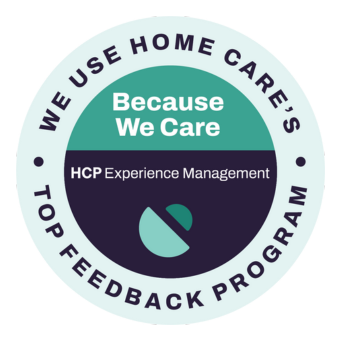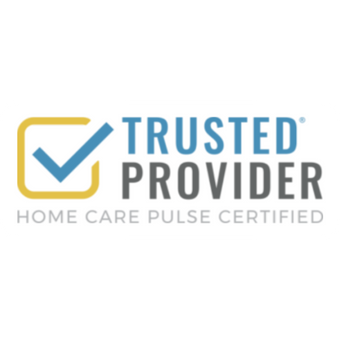Late-life depression is not a normal part of aging; it’s a legitimate health concern. If you or a loved one are struggling with some form of depression, don’t feel alone. Over 2 million of the 34 million adults over the age of 65 in the U.S are as well. What causes depression in seniors and what can be done to help?
Causes And Risk Factors of Depression in Seniors
There is no single cause of geriatric depression. Instead, its origin is generally thought to be a combination of several factors and potential causes, including:
Genetic: Research has proven that there is a genetic predisposition towards depression in all age groups. People with relatives that have struggled with depression are more likely to develop this disorder than people without a similar family history.
Physical: Late-onset depression can be triggered by other illnesses that often are experienced by aging adults, such as heart disease, cancer, arthritis, and Parkinson’s disease. Also, individuals who experienced depressive episodes in their younger years are more likely to develop depression later in life.
Environmental: The stresses of life may trigger late-onset depression. They can include the death of a long-time partner or friends, social isolation, disability, and financial difficulties.
Risk factors:
- Delayed grieving
- Gender – females are at higher risk
- Advancing age
- Taking multiple medications
Signs and Symptoms
The symptoms of late-life depression with seniors are often different than the symptoms of depression at younger ages. Late-onset depression cannot only be debilitating – in some cases, it can be life-threatening.
It’s critical that professional help is sought if you or a loved one are experiencing these symptoms for longer than two weeks:
Behavioral symptoms:
- Withdrawal from once-pleasurable activities
- Socially withdrawing from enjoyed gatherings
- Preferring to be left alone
- Pacing or fidgeting
- Extreme fearfulness
- Decreased ability to care for self
Physical symptoms:
- A significant change in appetite or weight
- Physical pains without any discernible reason
- Gastrointestinal symptoms
- Headaches
- Multiple diffuse symptoms
- Insomnia or hypersomnia
- Fatigue or reduction in energy
- Changes in the structure and functioning of the brain
Cognitive symptoms:
- Thoughts of death or suicide
- Decreased ability to think
- Indecisiveness
- Increased memory problems and loss
Psychosocial symptoms:
- Feeling sad
- Increased irritability
- Agitation
- Anxiety
- Anger
- Feeling hopeless
- Increased anxiety
- Inappropriate feelings of guilt
Effects of Depression in Seniors
Seniors may be less prone to seek out treatment for psychiatric illnesses, including late-life depression. Left undiagnosed or untreated, individuals suffering from depression as an aging adult may be at greater risk of developing these chronic effects:
- Worsening of emotional well-being
- Worsening of chronic physical complaints
- Increased morbidity
- Disability
- Significant distress
- Substance abuse
- Medical complications
- Suicidal thoughts and behaviors
Helping a Loved One
Watching a loved one struggle with feelings of overpowering sadness and despair can be very stress-inducing. You may not know how to approach the situation and get your loved one the help they need. Here are four steps to help you provide much-needed support:
- Learn about the symptoms and be prepared to act on them.
- Reassure your loved one that depression is an illness, not a sign of a character defect or weakness. Let them know that with proper care, they can feel happier and live a fulfilling life.
- Make an appointment with their physician or a psychiatrist. Offer to take your loved one, and while you’re there, ask questions and take notes.
- Don’t go it alone. Enlist the help of family, friends, and professional caregivers.
Let Us Help
HomeChoice Home Care Solutions is the premier provider of in-home senior care in Raleigh, Durham, and Cary. We’ve helped care for many seniors struggling with depression, and we provide compassionate care designed to let them continue to live happily at home.
Call us today to get started with a no-cost in-home assessment.









